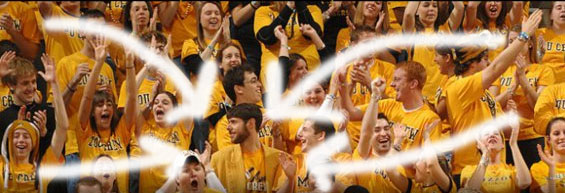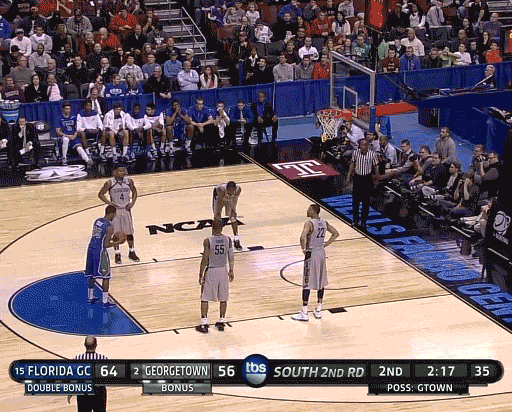
“If you don’t have time to do it right, when will you have time to do it over?” — John Wooden
So that photo at top is of me. That’s me from, I believe, my sophomore year at the University of Missouri. Yes, that is my yellow pinstriped jacket. (Also, yes, that is very bad sophomore year beard.)
I went to Missouri, and I love my alma mater. The sight of our colors makes me happy. Tigers, in general, now make me really happy.
And I love rooting for my Missouri Tigers. There aren’t a lot of Missouri fans outside of the state of Missouri. But we are a passionate few.
This year, Missouri has a strange basketball team. They have a really good point guard, and several really good shooters, and two really good big guys. They rebound extremely well, and they have lots of experience. They should be an exceptional basketball team.
Except that they are not. In this last two months, Missouri has lost six basketball games that were decided in the final 30 seconds. Missouri has lots of talent, but it just can’t seem to win close games.
As a Missouri fan, this crushes me. I WANT them to win. I absolutely love it when we win.
And this year’s team is SO dangerously close to being a really good team. But they are not. Great teams win games — they win blowouts, and they win close, and they win when it does not seem possible that winning could ever happen — and this Missouri team does not do that.
When I look back on this season, I feel a sense of disappointment. This team is that friend that everyone has, that friend who has lots of talent — who has ideas, and ambition, and decent skills — but who can’t figure out how to put it all together.
This team is disappointing for another reason: They cannot figure out how to put it all together IN THE MOMENT in which it matters.
Doing the work well matters, but doing it well in the time you have matters even more. There is a moment for your work, and when it passes, it passes.
So it goes for my Tigers. There will be other seasons, sure. But for this team, for this moment, time is almost out. The work is almost over. The season will be over with one more loss.
This time won’t come around ever again. You put it together now, you get better, or you find yourself watching others get their moment instead. How it goes.








